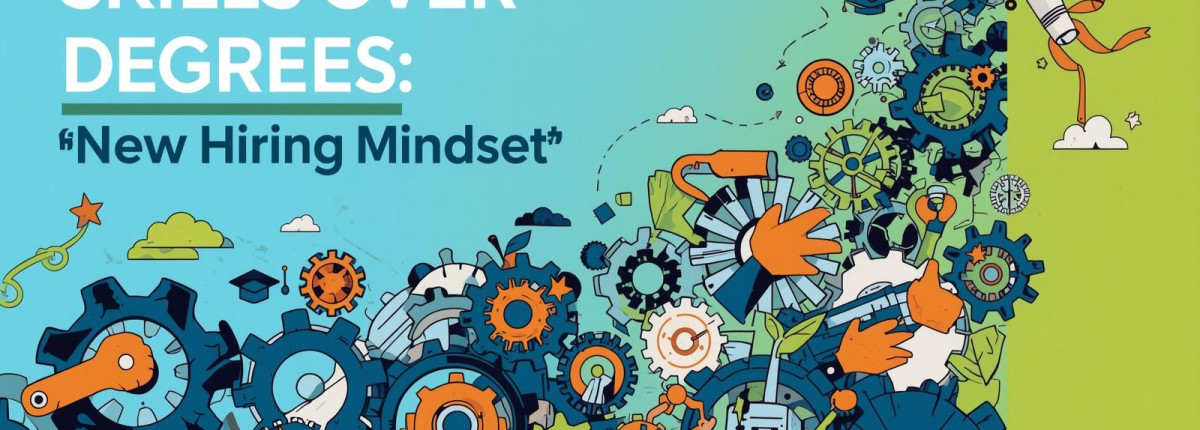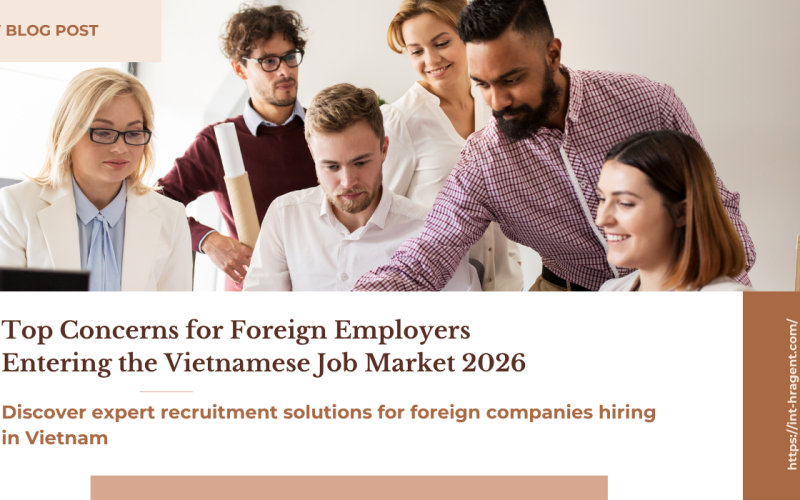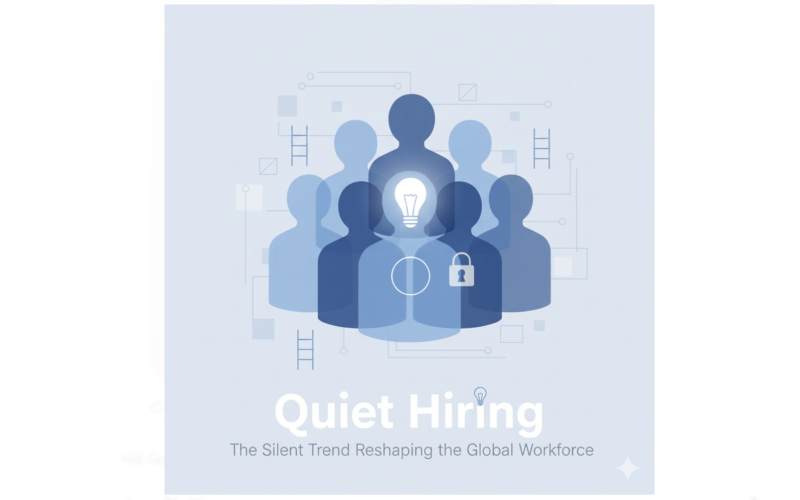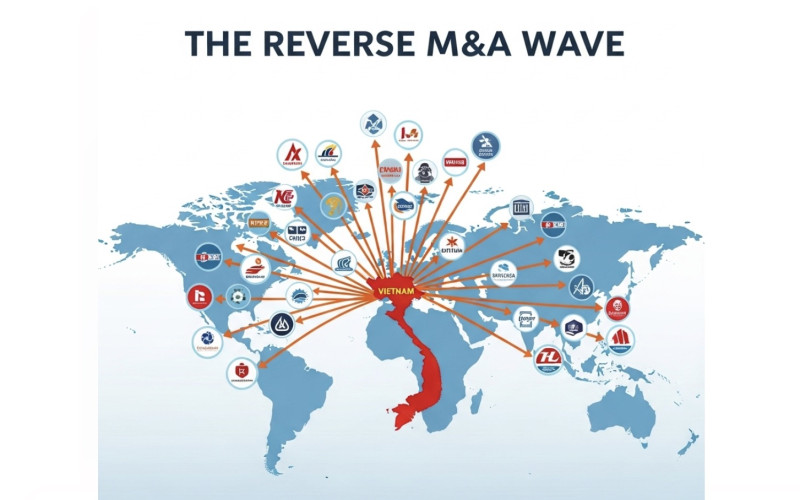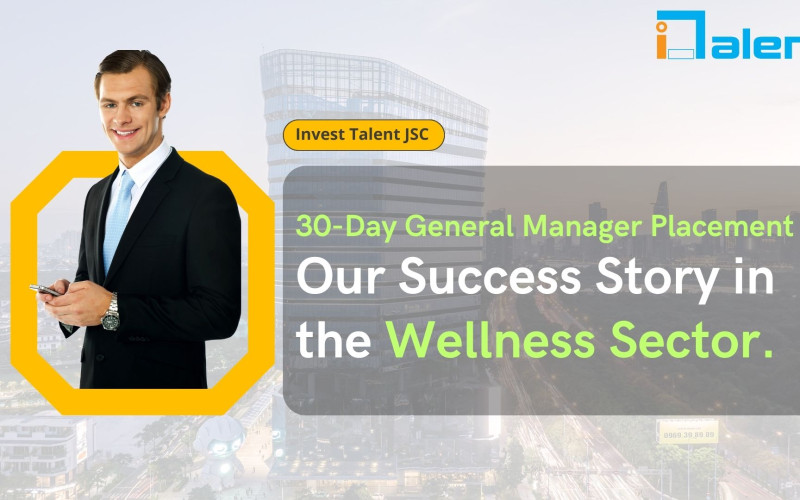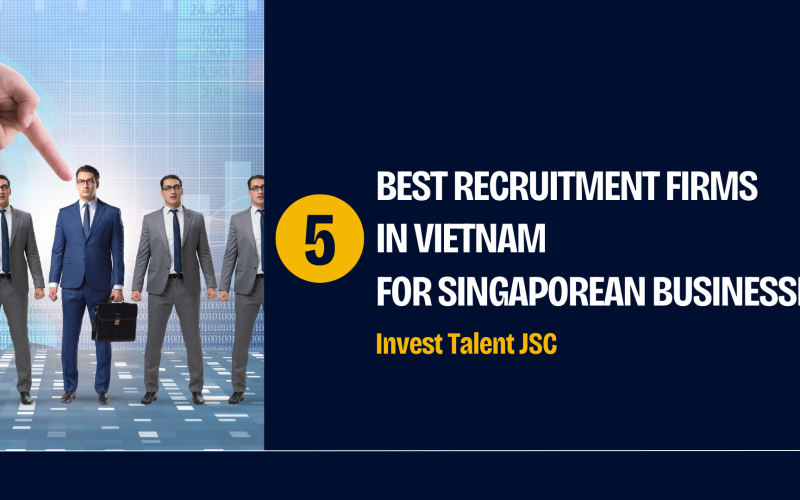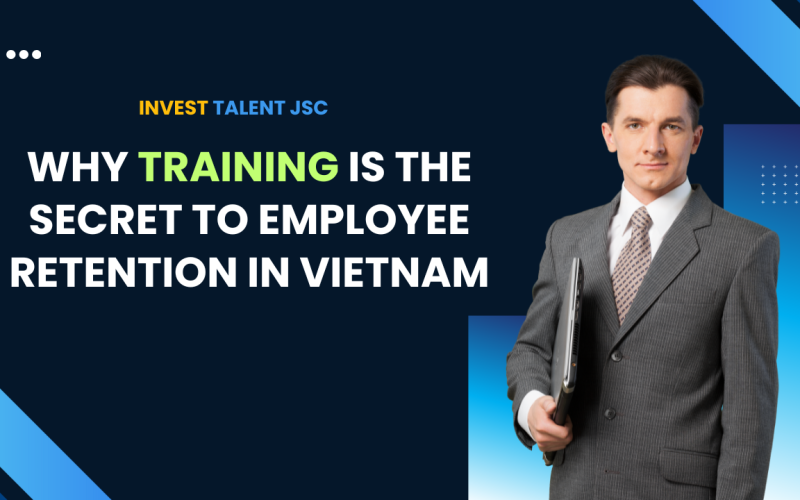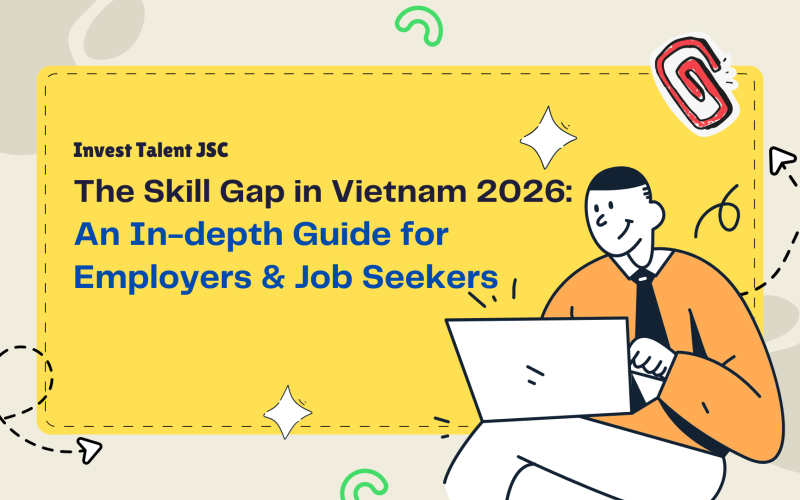Skills Over Degrees: The New Hiring Mindset in 2025
For decades, academic credentials have been the primary filter in hiring: where you studied, what degree you hold. But in 2025, the world of work is undergoing a profound shift. Companies are moving their gaze from “What you learned” to “What you can do.” The rapid rise of AI, accelerating digital transformation, and ever-shifting job requirements are making traditional qualifications less predictive of job success. The philosophy of “Skills Over Degrees” is no longer just a trend—it is essential for companies that want to stay competitive and for individuals who aim to stay relevant.
I. Evidence of the Shift
Strong data from global reports—particularly from the World Economic Forum (WEF) and LinkedIn—shows that employers are increasingly prioritizing real-world skills over formal credentials.
1. Skills Disruption & Demand
- According to WEF’s Future of Jobs Report 2025, 39% of the core skills of the global workforce are expected to transform or become outdated by 2030.
- At the same time, about 50% of workers globally have completed some form of upskilling or reskilling by 2025, up from roughly 41% in 2023.
- The most in-demand core skills in 2025 are: analytical thinking, resilience/flexibility/agility, leadership and social influence.
- The fastest-growing technical skill sets include AI and Big Data, cyber & network security, and general technology literacy.
2. The Business Case for Skills-First Hiring
- LinkedIn’s data (from its Future of Recruiting insights) shows that companies with the highest number of skills-based searches are 12% more likely to make a quality hire than companies that emphasize few skills-based searches.
- These same companies are 33% more likely to hire workers who are highly in demand (top quartile for recruiter InMails) when they use skills-first hiring strategies.
II. Impacts of the New Hiring Mindset
This shift in mindset—away from degree-centric hiring to skills-centric hiring—has meaningful consequences for both job candidates and organizations.
1. Opportunities for Job Seekers
- Broader access: Skills-based hiring opens up chances for people without traditional university degrees—such as self-taught individuals, career changers, or those with micro-credentials or vocational education.
- Continuous learning becomes essential: Because nearly 40% of key skills are expected to change by 2030, investing in upskilling and reskilling is not optional but vital.
- Soft skills and adaptability matter deeply: Employers increasingly value qualities like resilience, adaptability, agility, and leadership, which often cut across roles and are less tied to formal education.
2. Advantages for Businesses
- Higher quality hires: As noted, organizations emphasizing skill-based searches tend to recruit hires who are better suited for the role, stay longer, and meet performance demands more reliably.
- Greater talent pool & diversity: Relaxing degree requirements allows companies to tap into underutilized talent—people with non-traditional backgrounds, diverse socioeconomic or geographic origins—thus improving inclusion and potentially fostering innovation.
- Adaptability to disruption: With rapid change driven by technology and AI, companies that prioritize skills are better positioned to adapt, reallocate internal talent, and respond to new market demands.
III. Challenges & What It Takes to Do It Right
Transitioning to a skills-first hiring mindset is not without hurdles. To succeed, both employers and prospective employees need to adapt.
| Challenge | What companies must do | What candidates should focus on |
|---|---|---|
| Identifying & validating relevant skills | Develop objective assessments, use skills certifications, portfolio or project work, use data-driven tools (e.g. Economic Graph from LinkedIn) to track supply/demand for specific skills. | Build demonstrable skills via projects, micro-credentials, practical work. Keep skills updated. |
| Bias & equity | Ensure hiring practices do not inadvertently favor certain groups (e.g. those with degree access), use structured evaluation, anonymized skill tests. | Emphasize real work examples, soft skills, adaptability; prepare to demonstrate ability rather than credentials. |
| Internal alignment & training | Invest in reskilling/upskilling programs internally; align hiring, performance evaluation, and career development around competencies. | Seek learning opportunities; remain flexible; highlight continuous learning in CVs or interviews. |
IV. Why 2025 Is a Pivotal Year
- The skills disruption rate of 39% by 2030 is a wake-up call. It means that much of what is considered core skills today may not be sufficient in just a few years.
- The increase in worker participation in training / reskilling programs shows that both employees and employers are recognizing the urgency.
- Employers are already seeing measurable benefits from moving toward skills-based hiring, including better quality of hire. LinkedIn’s statistics (12% higher odds of quality hire, etc.) provide early empirical validation.
Moving Forward with Skills First
At Invest Talent, we believe that the future of hiring lies not in credentials, but in capabilities. In an era where rapid change is the new normal, organizations that hire for what someone can do—not just what they have done—will outperform and outlast the rest.
For individuals, this means staying curious, building relevant skills, embracing lifelong learning. For companies, it means designing hiring processes, evaluation frameworks, and learning programs that reward competence and growth.
The question is no longer “Do you have a degree?” but “What skills do you bring, and what can you learn next?”

